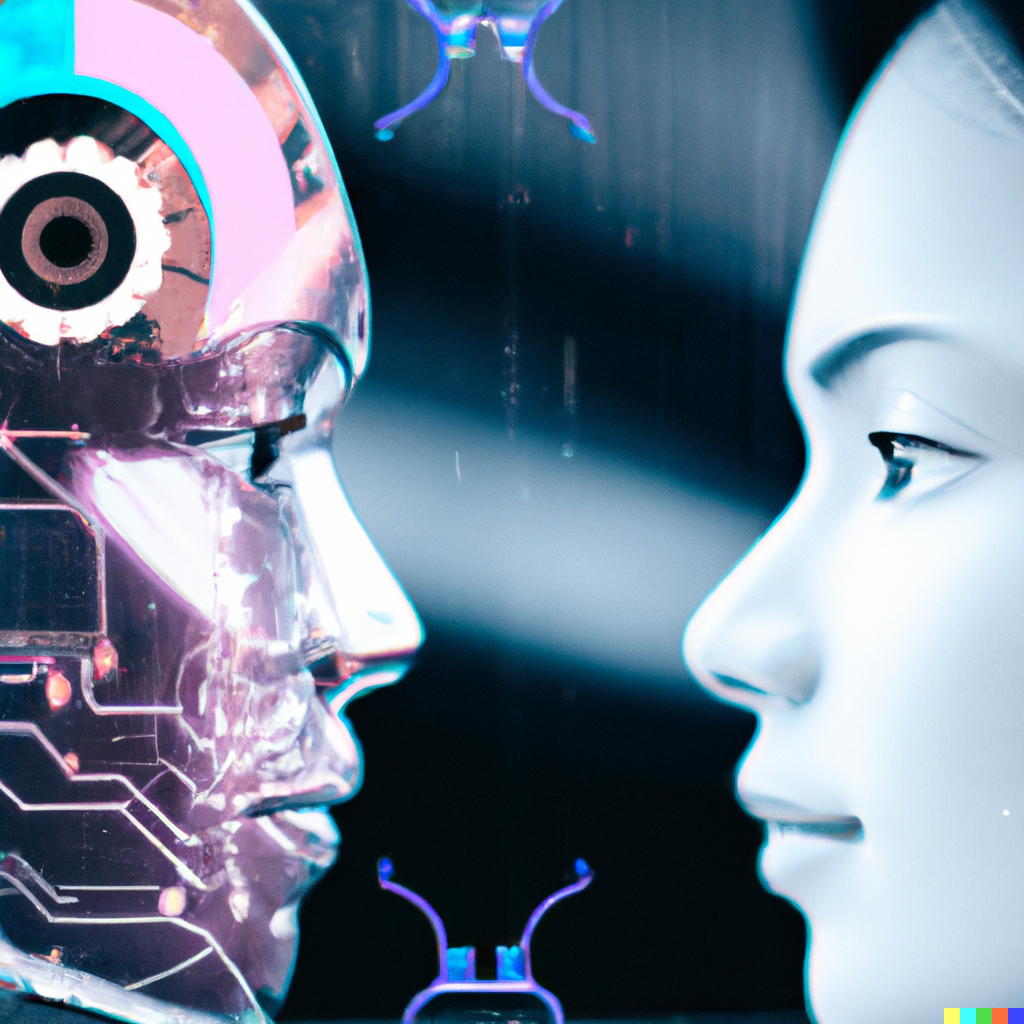Will Digital Transformation Depend on Artificial Intelligence?

The world we live in now is driven largely by technology and science.
Perhaps more than it's ever been in human history. The past couple of decades have seen huge changes in the ways we live, communicate, and work. This digital transformation is particularly clear in companies, who are shifting focus from labor to tech and robotics to increase efficiency and maximize output.
If there's one technological advancement that feels like it's come straight out of a sci-fi movie, it's artificial intelligence (AI). It is crucial in modern society because it frees up work and processing time, and opens up new and intuitive pathways.
AI is so deeply tied in with the digital world that we can't imagine the two without each other. But is it possible for digital transformation to exist without AI? Let's take a quick look at the arguments below.
Organizational Processes
Streamlining processes is absolutely necessary if companies want to increase output and reduce work times. Many organizational processes can be made even more efficient, and this potential is often best unlocked by AI and hyper-automation. Hyper-automation can be used speed up processes like internal accounting, or other data-driven work.
A smart-driven, machine learning tool like hyper-automation is often the best way to free up time for human workers to focus on other, more complex aspects of the job. Hyper-automation is meant to augment human capabilities, providing fast, efficient, and ever-evolving support for employees. Of course, integrating this system into already existing company structure can be difficult on its own, but we're seeing more companies step up to the challenge.
Online Education
Interestingly enough, as important as technology is for education today, AI hasn't quite taken over the field yet. This period of the digital boom requires innovation, and people are still central to that innovation. One example of this is how the pursuit of an online bachelor's degree in management information systems is driving graduates into highly competitive fields, which in turn furthers the developments of those fields.
With the growth of data management and related sectors, businesses and other institutions are looking for graduates who have experience across different disciplines. And while educators and learners are maximizing technology as tools for education, a lot of these fields require human expertise for further development. Although AI may play a role in streamlining processes, human insight is still the foundation of learning, and there's still a long way to go before AI can replace that.
Customer Relations
Artificial intelligence can play a significant role in improving customer experiences. Better customer insights are the foundation of good business and marketing, but getting to those insights is often harder than it looks. Marketers have always worked to gain better understanding of the market, and digital transformation and data have contributed to that.
AI can take all of that and bring it one step further. Artificial intelligence is able to analyze customer behavior and predict trends faster and more accurately. Companies can use the information provided by AI tools for real time decision-making, such as creating personalized recommendations or guiding the next interactions between customers and brands.
Recruitment
Ironically enough, artificial intelligence can be central to the human relations aspect of an organization. The hiring process is tedious, yes, but a good team is the foundation of a good company. More people in hiring are realizing that artificial intelligence is a useful tool in speeding up the hiring process and making selection of candidates easier.
AI tools can be used to analyze resumes and even interviews, present real data to hiring managers for easier decision-making. Companies can also use AI in more oblique ways, such as making use of the algorithm to present job listings to likely candidates. Using these tools, companies can cut down hiring processes by weeks, sometimes months, making it easier to put together a capable team.
Conclusion
So is artificial intelligence necessary for a full-blown digital transformation?
In many ways, yes. Although AI might not be capable enough to fill in all the roles from pre-graduation to employment, it does play a crucial part in increasing efficiency for organizations across the board. We're only beginning to scratch the surface of AI's capabilities, and if artificial intelligence could develop the capacity to imagine, we might soon be seeing it come up with digital transformation practices for us.
Solely written for AgnisStibe.com by Hazel Collins




